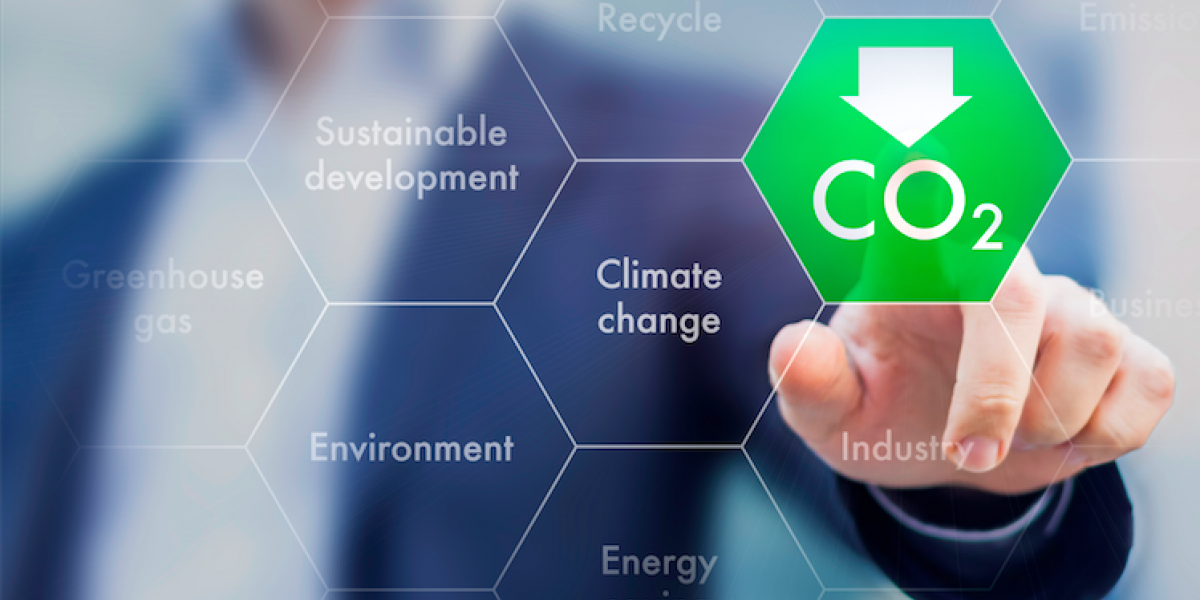We know that appropriate economic incentives are essential for realizing most breakthrough innovations and that the absence of a meaningful price on carbon across Canada is a major impediment to low carbon innovation, technology deployment and behavioural change. But what are the economic and social implications pricing carbon? How does policy affect innovation, particularly in fossil fuel sectors? Randy Wigle from Wilfrid Laurier University and Nicholas Rivers and Hidemichi Yonezawa from University of Ottawa, with a team of other researchers, are applying computable general equilibrium (CGE) models of the Canadian economy to consider how firms and households respond to changes in prices in order to explore the market equilibrium conditions that emerge from policy changes.
The Clean Economy Working Paper Series disseminates findings of ongoing environmental and clean economy work conducted by researchers from a range of disciplines. These working papers are meant to make results of relevant scholarly work available in a preliminary form. Although these papers have not undergone a peer-review process, they meet general standards of scholarly excellence. The views expressed in these working papers are those of the authors and do not necessarily reflect the opinions of Smart Prosperity Institute.



